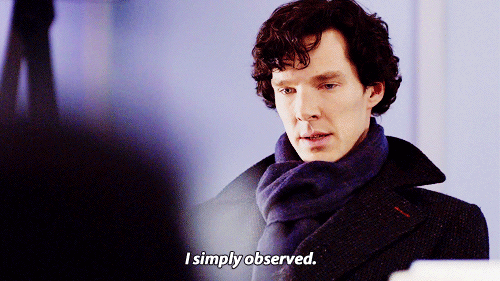Money scams are becoming way too common. Here's how to detect them before they bite you.
This article is part two in a series on money scams. If you haven’t already, check out part one, Money Scam Red Flags Ya Gotta Know before reading on.
So we know now how common scams have become over the last few years, leading Australians to lose $3.1 billion in 2022 alone.
Which means, we’ve got to train up on how to detect these pesky buggers, Sherlock Holmes style.

Be suss of unsolicited messages
Scammers are looking to target vulnerability and they catch you off guard because they look like a genuine message.
It’s important to stop and think twice whenever you receive any unsolicited messages, even if the message implies urgency.
If you’ve received a message from a “reputable organisation”, put your detective hat on and look into the phone number and/or email to suss out whether it’s genuine.
Sometimes scams might come in the form of messages from a close friend or loved one.
If the message looks a little off or there’s a weird link in there, reach out and check with the person if it was really them that sent the message before you click anything.
Which brings us to step number two…
Don’t fall into the clickable booby trap
A link might look harmless enough on the outside but it’s a really easy way for scammers to capture your personal information.
Often scammers create a sense of urgency in a message with a link, to get you to click on it without thinking.
Don’t click on any links without investigating first where they’ve come from and if you haven’t solicited them yourself.
You can contact the sender directly on a number you trust to be completely sure.
For example, let’s say you get a weird text from your energy provider saying you’ve got overdue bills, and a link to click to pay them.

Some organisations also let you directly report scams to their website or app.
Keep your personal information secure AF
Your personal information like your address, phone number, bank details, passwords need to be protected with some serious armour.
You are Frodo, and your personal information is the Ring - you need to keep it as close to you as possible.
Keep your passwords regularly updated and secure.
And it’s a good idea to have different passwords for all your logins.
The MSN password ‘lollie$123’ you set in 2008 isn’t going to cut it anymore for your logins.

You can use a password manager such as the iCloud Keychain on iPhones, 1Password or LastPass where you can securely store your passwords.
Be suspicious of anyone or any organisation that asks you for personal information or a payment.
Definitely never EVER share passwords, one-time passwords or transfer money to unknown accounts.
Remote access to your computer? How about no.
And let’s not forget those sneaky remote access scams. If you’re on a phone call where someone requests remote access to your computer, even if they’re from “a well-known company” hang up.
The actual organisation would not call you unprompted and ask for remote access to your computer
It’s always better to be cautious and take the extra steps to keep your personal deets and your money safe, rather than falling into a trap you could have avoided by taking your time.
Unfortunately, despite all the precautions we take, it can still be possible to get sucked into a money scam.
Stay tuned for part three of this series dropping tomorrow on What Do I Do If I’ve Been Scammed?
Sign up for Flux and join 100,000 members of the Flux family